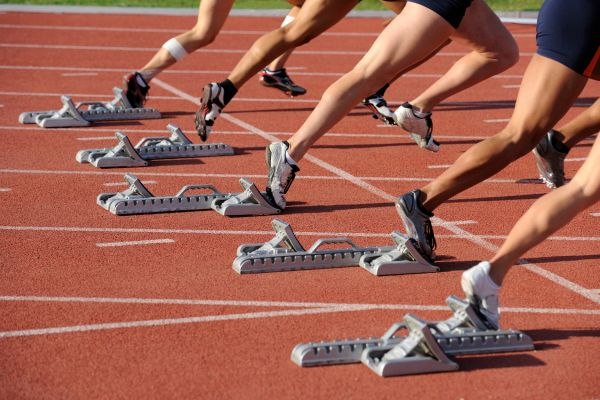In the world of competitive sports, physical ability often takes center stage. However, behind every great athlete lies an equally powerful force: the mind. Mental blocks in sports are invisible barriers that can hold even the most skilled athletes back from achieving their full potential. Understanding how these mental hurdles develop and learning strategies to overcome them is essential for success, both on and off the field.
Understanding Mental Blocks in Sports
Mental blocks in sports occur when an athlete feels unable to perform a specific skill or movement that they have previously mastered. This psychological barrier is not due to a lack of ability but rather a disruption in mental focus or confidence. It is common in sports that require precision, such as gymnastics, golf, or tennis, but it can affect athletes in any discipline.
The root causes of mental blocks often lie in fear, anxiety, or overthinking. Athletes may fear injury, failure, or disappointing others, which creates a feedback loop of negative thoughts. This cycle interferes with muscle memory and hinders natural performance. Left unaddressed, these blocks can escalate, undermining an athlete’s confidence and enjoyment of their sport.
The Psychological Impact of Mental Blocks
The effects of mental blocks in sports extend beyond performance. They can erode an athlete’s self-esteem and lead to feelings of frustration and helplessness. A gymnast who suddenly cannot complete a backflip or a golfer who struggles with putting may begin to doubt their abilities entirely. This doubt often magnifies the problem, making it even harder to break free.
In team sports, mental blocks can also create tension among teammates and coaches. Athletes may withdraw emotionally or overcompensate by training harder, which can lead to burnout or physical injury. Recognizing the psychological toll of mental blocks is the first step toward overcoming them.
Strategies to Overcome Mental Blocks in Sports
Breaking through mental blocks requires a multi-faceted approach that addresses both the mind and body. Athletes must first acknowledge the issue without judgment. Accepting that mental blocks are a common experience removes the stigma and opens the door to constructive solutions.
Visualization techniques can be a powerful tool in overcoming mental hurdles. By mentally rehearsing successful performances, athletes can rewire their brains to focus on positive outcomes rather than fear. Deep breathing and mindfulness exercises also help calm the nervous system, allowing athletes to regain control over their thoughts and actions.
Working with a sports psychologist or mental performance coach can provide personalized strategies and support. These professionals guide athletes through cognitive-behavioral techniques, helping them challenge negative thought patterns and build resilience. Sometimes, a break from rigorous training can also help reset the mind, allowing the athlete to return with renewed perspective.
The Role of Coaches and Support Systems
Coaches play a crucial role in helping athletes navigate mental blocks in sports. A supportive coach recognizes the signs of a mental block and encourages open communication. Instead of pushing harder, they foster an environment where athletes feel safe to express their struggles.
Family and teammates can also provide invaluable support. Encouragement and understanding from those around the athlete can alleviate pressure and remind them that setbacks are part of the journey. Building a strong support network ensures that the athlete does not feel isolated during challenging times.
Building Mental Strength for Long-Term Success
Preventing future mental blocks requires developing mental strength and resilience. Incorporating mental training into regular practice sessions equips athletes with the tools to manage stress and maintain focus. Setting realistic goals and celebrating small victories along the way reinforces confidence and motivation.
Athletes should also practice self-compassion. Accepting mistakes as opportunities for growth reduces the fear of failure that often triggers mental blocks. Over time, a balanced approach to mental and physical training creates a foundation for consistent high performance.
Conclusion
Mental blocks in sports are a natural part of the athletic journey, but they do not have to define an athlete’s career. By understanding the psychological roots of these barriers and applying effective strategies, athletes can reclaim their confidence and rediscover the joy of competition. With patience, support, and mental training, breaking through these invisible barriers becomes not only possible but transformative.

